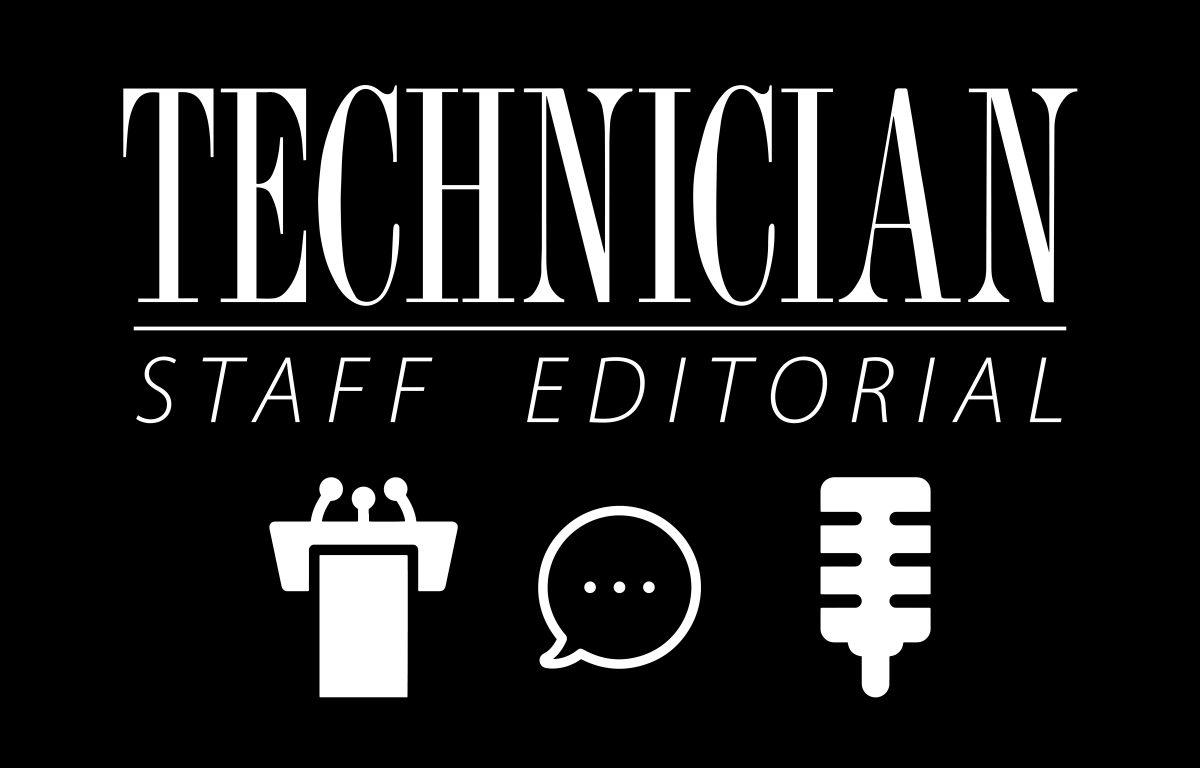Last week, President Barack Obama released his proposed budget to Congress. In this budget, the U.S. Department of Education would see a 4.6 percent increase in funding, and the maximum funding for Pell Grants would increase by $140 to $5,785. With all that has taken place recently — especially the proposed $139 million in cuts to the UNC System — education could use a break.
A Federal Pell Grant, unlike a loan, does not have to be repaid. These grants target students from low-income families who have not earned a bachelors or professional degree. In Obama’s budget, these grants will also target minorities.
We appreciate Obama’s continued focus on the Pell Grant program. Since taking office in 2008, Obama has helped increase the maximum Pell Grant rate by $905. The number of Pell Grant recipients has increased by 50 percent.
But the program has also had its nerve-wracking moments the past few years. Though Congress declared it safe from cuts during the fiscal cliff fiasco, the program is set to lose part of its mandatory funding on Sept. 30 of this year. This is why we hope Obama’s budget is put into action.
Under current law, the federal government funds about $30 billion in Pell Grants. This is excellent, but as college becomes more and more of a necessity, low-income students will continue to need assistance. And as the need for a college education grows, so does its price. Since the 1980s, the average price in tuition has tripled.
Seventy-two percent of college graduates owe more than $25,000 in student loans, according to U.S. News. The media outlet also reported that “many borrowers take on debt levels that far exceed the reality of future starting salaries.” Does it not make sense to increase financial help?
According to the White House website, only half of low-income high school graduates go to college, and only 25 percent of this group finish. Obama set a lofty goal of restoring the U.S. to the top of the list in college graduates per capita (we are currently 16th). It’s great to see that he is actively taking steps to get us there.
Our only hope is that North Carolina’s own education system follows suit. Education is the bedrock of any society, and North Carolina is home to several of the best universities in the country. This is an attractive factor to out-of-state students (which means more tuition-based revenue), and we should not ruin what we have. We’ve said it so many times before, but we’ll say it again: Further cuts to the education system are not the way to improve our economy.
We applaud the Obama administration for its emphasis on America’s education system, and we implore our own General Assembly to act similarly. If we can’t count on our own state to make education affordable, it seems like our only ally is the White House.




